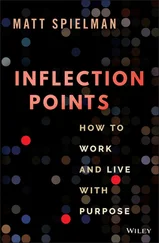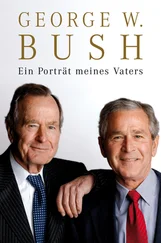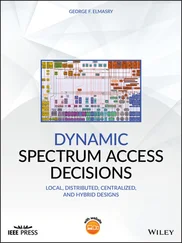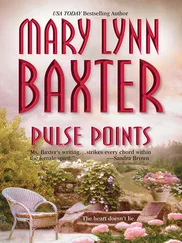With Rusty and Richard as part of our ownership group, we were approved to buy the team.** Eddie Chiles suggested that he introduce us to the fans as the new owners on Opening Day 1989. We walked out of the dugout, across the lush green grass, and onto the pitcher’s mound, where we joined Eddie and legendary Dallas Cowboys coach Tom Landry, who threw out the first pitch. I turned to Rusty and said, “This is as good as it gets.”
Over the next five seasons, Laura and I went to fifty or sixty ball games a year. We saw a lot of wins, endured our fair share of losses, and enjoyed countless hours side by side. We took the girls to spring training and brought them to the park as much as possible. I traveled throughout the Rangers’ market, delivering speeches to sell tickets and talking up the ball club with local media. Over time, I grew more comfortable behind the lectern. I learned how to connect with a crowd and convey a clear message. I also gained valuable experience handling tough questions from journalists, in this case mostly about our shaky pitching rotation.
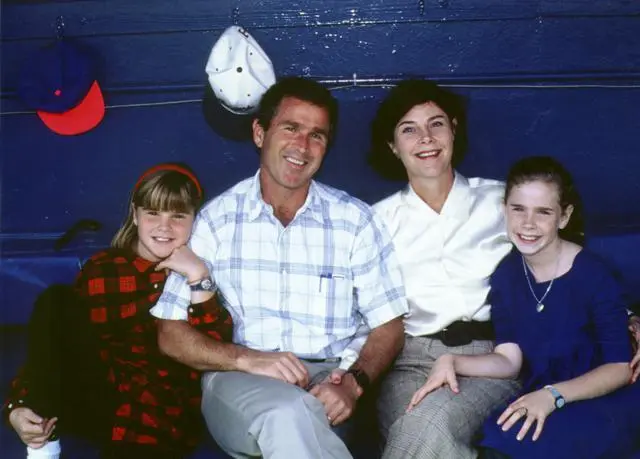
In the Rangers’ dugout with our girls. Owning a ballclub was my dream, and I was certain it was the best job I’d ever have.
Running the Rangers sharpened my management skills. Rusty and I spent our time on the major financial and strategic issues, and left the baseball decisions to baseball men. When people did not perform, we made changes. It wasn’t easy to ask decent folks like Bobby Valentine, a dynamic manager who had become a friend of mine, to move on. But I tried to deliver the news in a thoughtful way, and Bobby handled it like a professional. I was grateful when, years later, I heard him say, “I voted for George W. Bush, even though he fired me.”
When Rusty and I took over, the Rangers had finished with a losing record seven of the previous nine years. The club posted a winning record four of our first five seasons. The improvements on the field brought more people to the stands. Still, the economics of baseball were tough for a small-market team. We never asked the ownership group for more capital, but we never distributed cash, either.
Rusty and I realized the best way to increase the long-term value of the franchise was to upgrade our stadium. The Rangers were a major league team playing in a minor league ballpark. We designed a public-private financing system to fund the construction of a new stadium. I had no objection to a temporary sales tax increase to pay for the park, so long as local citizens had a chance to vote on it. They passed it by a margin of nearly two to one.
Thanks to the leadership of Tom Schieffer—a former Democratic state representative who did such a fine job overseeing the stadium project that I later asked him to serve as ambassador to Australia and Japan—the beautiful new ballpark was ready for Opening Day 1994. Over the following years, millions of Texans came to watch games at the new venue. It was a great feeling of accomplishment to know that I had been part of the management team that made it possible. By then, though, a pennant race wasn’t the only kind I had on my mind.

Shortly after we bought the Rangers in 1989, the campaign for the 1990 Texas gubernatorial election began. Several friends in politics suggested I run. I was flattered but never considered it seriously.
Most of my political involvement focused on Dad. Within months of taking office as president, he was confronted with seismic shifts in the world. With almost no warning, the Berlin Wall came down in November 1989. I admired the way Dad managed the situation. He knew grandstanding could needlessly provoke the Soviets, who needed time and space to make the transition out of communism peacefully.
Thanks to Dad’s steady diplomacy at the end of the Cold War—and his strong responses to aggression in Panama and Iraq—the country had tremendous trust in George Bush’s foreign policy judgment. But I was worried about the economy, which had started to slow in 1989. By 1990, I feared a recession could be coming. I liquidated my meager holdings and paid off the loan I had taken out to buy my share of the Rangers. I hoped any downturn would end quickly, for the country and for Dad.
Meanwhile, Dad had to decide whether to stand for reelection. “Son, I’m not so sure I ought to run again,” he told me as we were fishing together in Maine in the summer of 1991.
“Really?” I asked. “Why?”
“I feel responsible for what happened to Neil,” he said.
My brother Neil had served on the board of Silverado, a failed savings and loan in Colorado. Dad believed Neil had been subjected to harsh press attacks because he was the president’s son. I felt awful for Neil, and I could understand Dad’s anguish. But the country needed George Bush’s leadership. I was relieved when Dad told the family he had one last race in him.
The reelection effort got off to a bad start. The first lesson in electoral politics is to consolidate your base. But in 1992, Dad’s base was eroding. The primary reason was his reneging on his vow not to raise taxes—the infamous “Read my lips” line from his 1988 convention speech. Dad had accepted a tax increase from the Democratic Congress in return for reining in spending. While his decision benefited the budget, he had made a political mistake.
Pat Buchanan, the far-right commentator, challenged Dad in the New Hampshire primary and came away with 37 percent—a serious protest vote. To make matters worse, Texas billionaire Ross Perot decided to mount a third-party campaign. He preyed on disillusioned conservatives with his anti-deficit, anti-trade rhetoric. One of Perot’s campaign centers was across the street from my office in Dallas. Looking out the window was like watching a daily tracking poll. Cadillacs and SUVs lined up to collect Perot bumper stickers and yard signs. I realized Dad would have to fight a two-front battle for reelection, with Perot on one flank and the Democratic nominee on the other.
By the spring of 1992, it was clear who that nominee would be, Governor Bill Clinton of Arkansas. Clinton was twenty-two years younger than Dad—and six weeks younger than me. The campaign marked the beginning of a generational shift in American politics. Up to that point, every president since Franklin Roosevelt had served during World War II, either in the military or as commander in chief. By 1992, Baby Boomers and those younger made up a huge portion of the electorate. They were naturally drawn to support someone of their own generation. Clinton was smart enough to steer away from Dad’s strengths in foreign policy. He recognized the economic anxiety in the country and ran on a disciplined message: “It’s the economy, stupid.”
I stayed in close touch with Dad throughout the election year. By the early summer of 1992, the campaign hadn’t gained traction. I told Dad he ought to think about a bold move to shake up the dynamics of the race. One possibility was to replace Vice President Dan Quayle, whom I liked and respected, with a new running mate. I suggested to Dad that he consider Secretary of Defense Dick Cheney. Dick was smart, serious, experienced, and tough. He had done a superb job overseeing the military during the liberation of Panama and the Gulf War. Dad said no. He thought the move would look desperate and embarrass Dan. In retrospect, I don’t think Dad would have done better with someone else as his running mate. But I never completely gave up on my idea of a Bush-Cheney ticket.
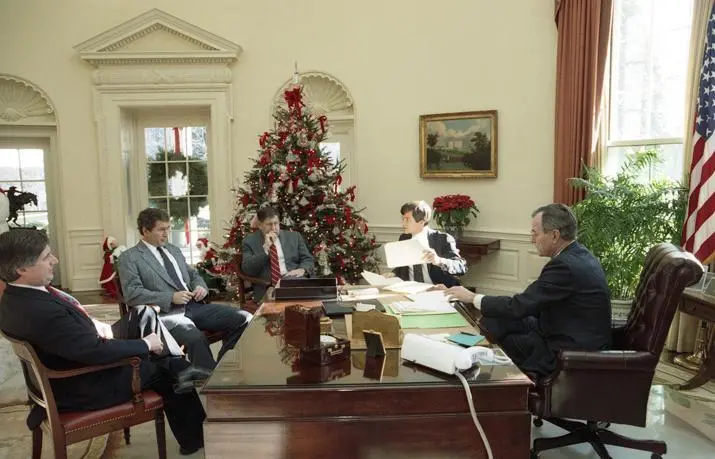
Читать дальше









